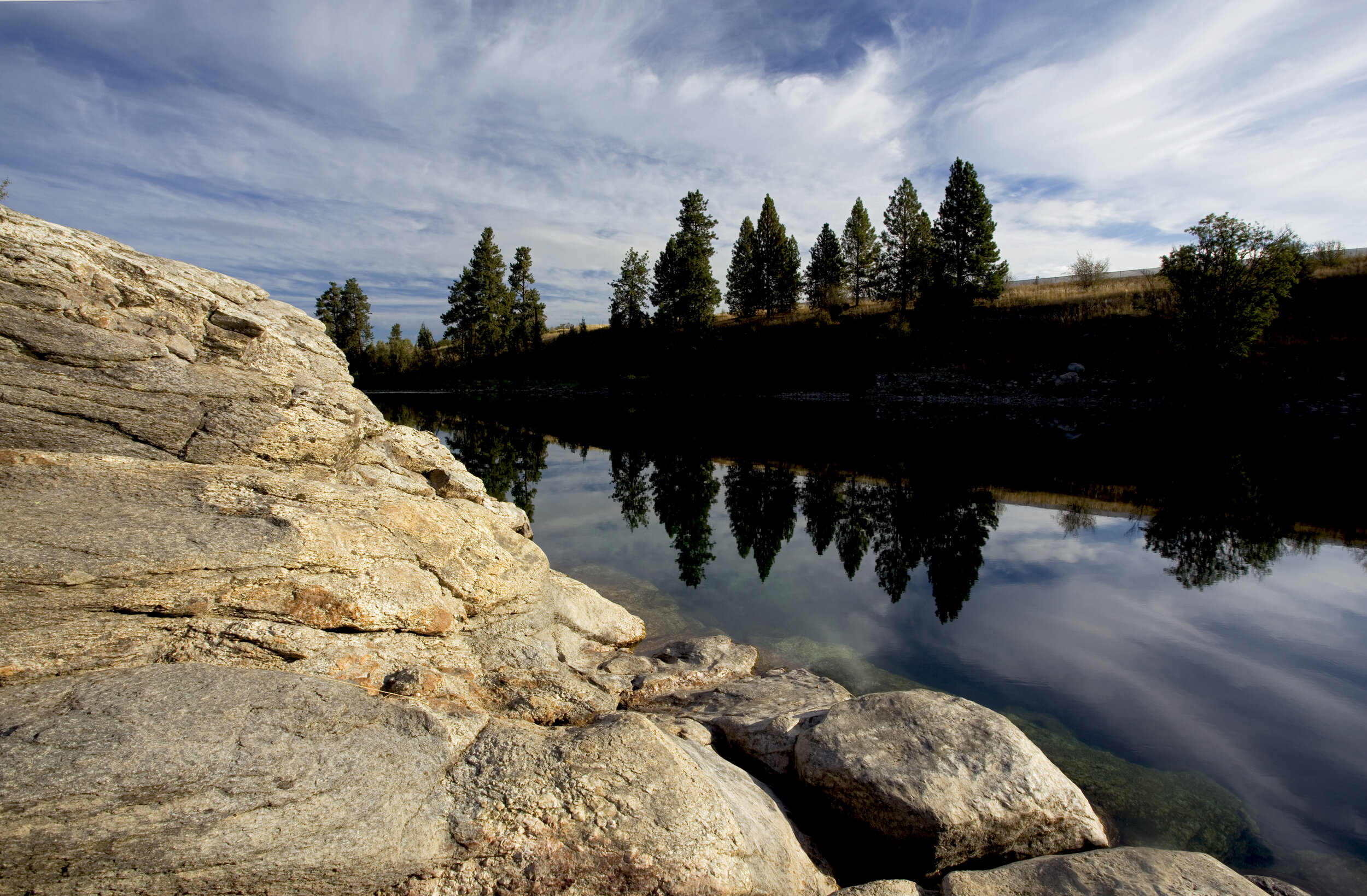Rights of nature is the acknowledgment of rights to non-human entities such as ecosystems and natural species. For many individuals, this idea seems crazy because how could non-human entities possibly have rights? However, it is not that unrealistic. The idea of rights of nature recognizes that nature is not merely a property to be destroyed by man, but an independent entity that has the right to exist and flourish. Laws and policies that recognize rights of nature have appointed individuals that act as a guardians or representations on behalf of ecosystems to defend and protect them against harm and pollution.
Rights of nature legislation does not require new complicated laws and is similar to guardianship law. Guardianship law is often used on behalf of children who cannot speak or defend themselves in cases of abuse, etc. In these instances where guardianship law is used, the guardian is defending someone who has and deserves rights but cannot physically defend themselves. This is also the case for natural things. Natural living things such as rivers cannot defend themselves against polluters dumping waste into the water or fishermen exploiting the resource and overfishing. In this instance, the polluters and fisherman are harming the river so that it cannot properly and naturally flourish. Rights of nature legislation would recognize that these ecosystems deserve to been defended and protected against these individuals.
Rights of nature legislation is different than current environmental laws and policies because the current legislation regulates and limits pollution and environmental waste instead of altogether banning it. Rights of nature laws are founded on a different premise, where no pollution or environmental harm is tolerated. These policies are about protecting and defending nature instead of legalizing pollution and regulating it. This major difference between legislations will make protecting natural living things more aggressive and make polluters accountable for their actions.
The first country to institute rights of nature in their Constitution was Ecuador. Ecuador ratified their rights of nature amendments in 2008, acknowledging “that nature in all its life forms has the right to exist, persist, maintain and regenerate to its vital cycles. And we- the people- have the legal authority to enforce these rights on behalf of ecosystems.” This new ratification recognized nature as a living thing to be protected instead of man’s property to be exploited. Rights of nature continued to be part of the environmental movement and are being considered as part of legislation in the United States and globally.


